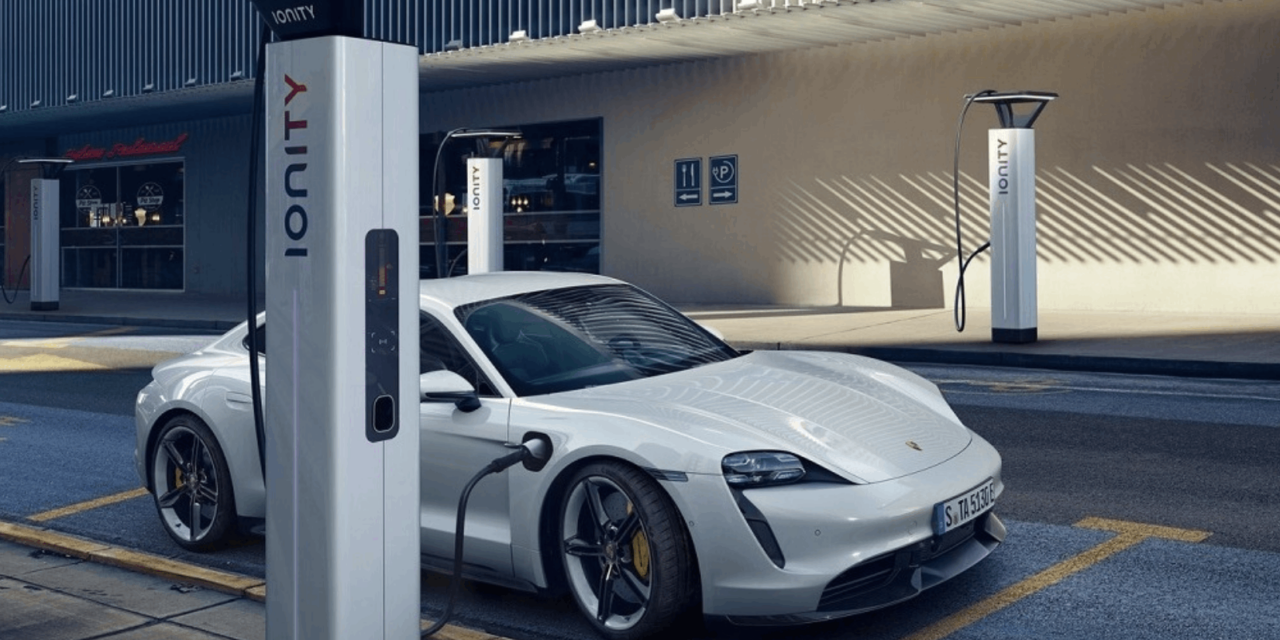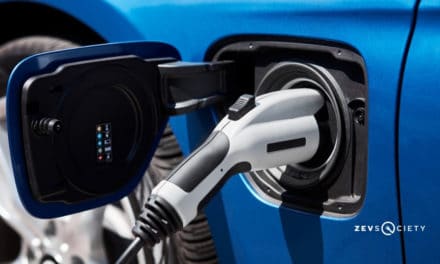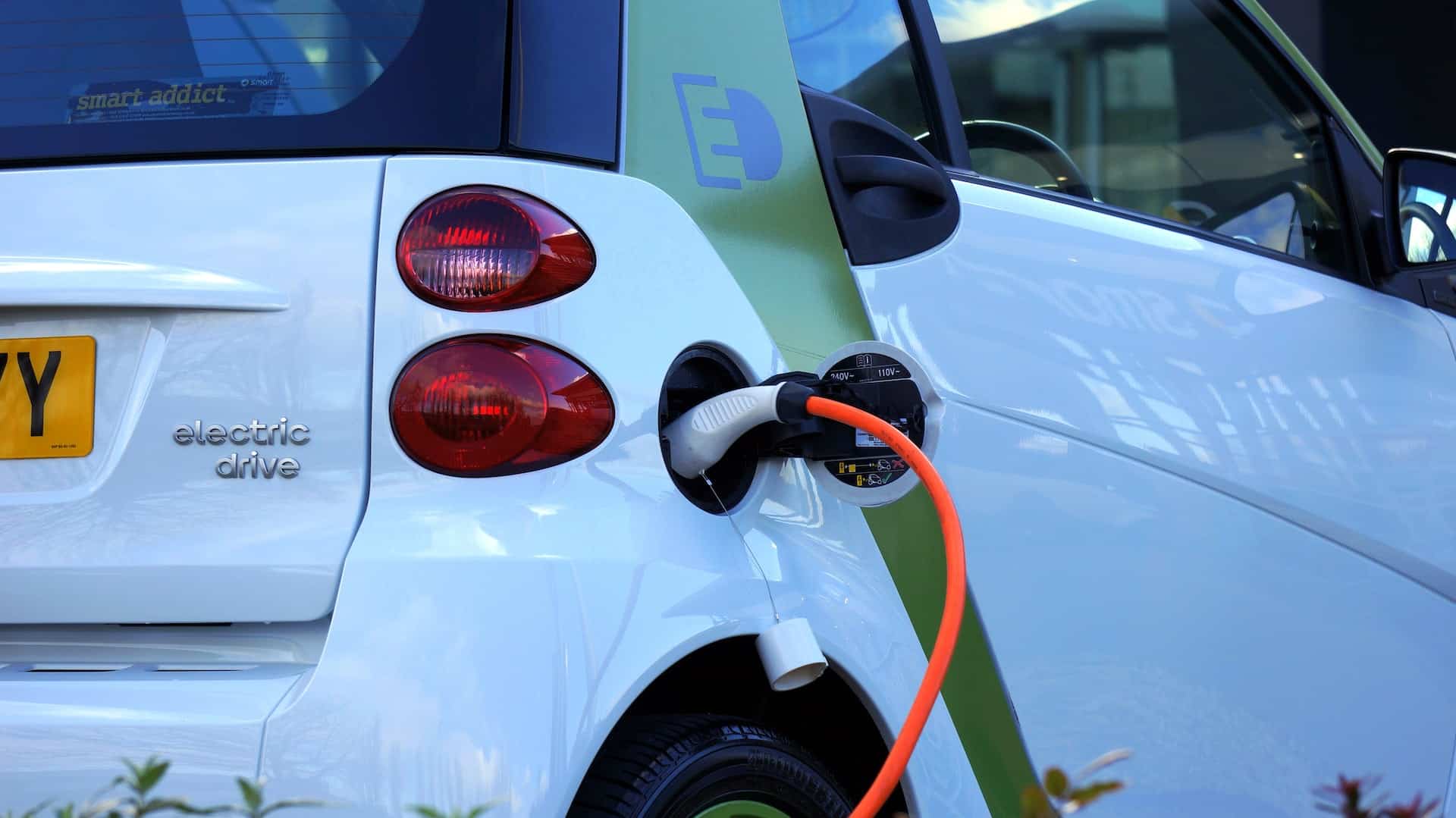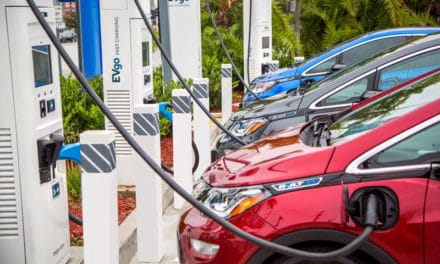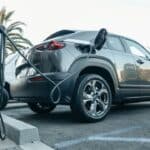Electric vehicles (EVs) are all the rage these days. And for a good reason! They’re environmentally friendly, they’re fun to drive, and they can save you a ton of money on gas. But one question that always seems to come up is, “how much does it cost to charge an EV?”
The short answer is that it depends on a few factors, including your electricity rate, the size of your battery, and how far you’re driving. Let’s take a closer look at each of these factors to get a better understanding of how they affect the cost of charging an EV before choosing your next EV.
Electricity Rate
The first thing you need to consider is your electricity rate. This will vary depending on where you live, but the average home in the US in 2021 was charged almost $0.14 per kWh, which means it would cost around $14 to fuel up at home. This is significantly less than the cost of gas, which typically averages over $3.00 per gallon at the pump. Of course, this will also depend on the size of your EV battery.
Size of Battery
The next factor to consider is the size of your battery. As you might expect, the larger the battery, the more it will cost to charge. For example, if you have a 100 kWh battery, it will cost you more to charge than a 50 kWh battery. This is because you will need more electricity to fill up the larger battery.
Distance Driven
The last factor to consider is how far you’re driving. The further you drive, the more energy your EV will use and the more it will cost to charge. For example, if you’re driving 200 miles in an EV with a 100 kWh battery, it will cost you about $24 to charge up completely before making the return trip home.
Plus, if you’re driving a lot more, you’ll likely need to use public chargers, which could cost more than charging at home because of additional fees.
Is A EV Cheaper Than A Gas-Powered Vehicle?
When it comes down to it, yes, electric vehicles are typically cheaper than gas-powered cars in the long run. This is especially true if you’re driving a lot and make good use of public charging stations. The cost of electricity is much lower than the cost of gas, so you’ll be able to save a significant amount of money over time.
Plus, with the increasing number of public charging stations popping up all over the country, you won’t have to worry about running out of power while on the go. So even if you don’t have access to charging at home, you can still take advantage of all the money-saving benefits that come along with owning an EV.
Conclusion
As you can see, there are a few different factors that affect how much it costs to charge an EV, including your electricity rate, the size of your battery, and how far you’re driving. By taking all of these into consideration, you can better understand what it will cost to power up your electric vehicle. With a little bit of planning and preparation, you can make sure that you always have enough juice in your EV for any journey!

